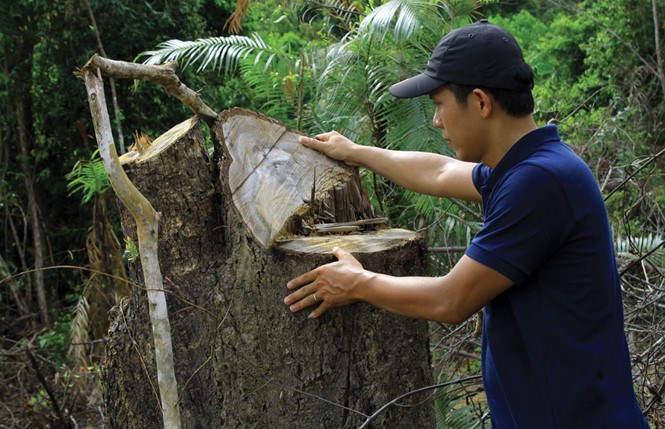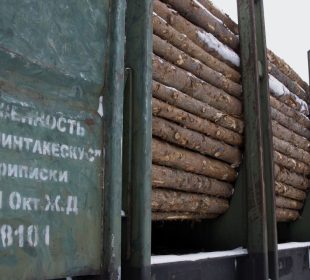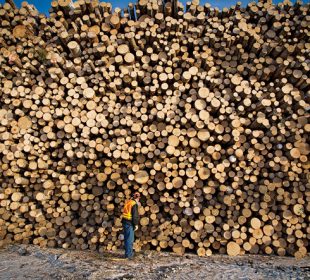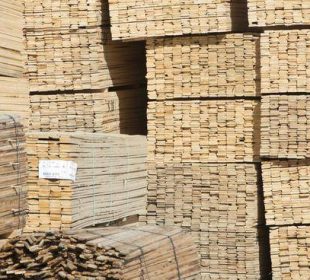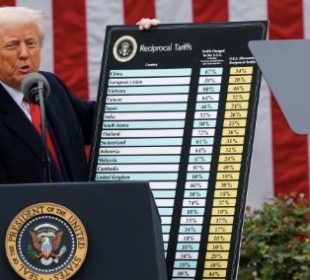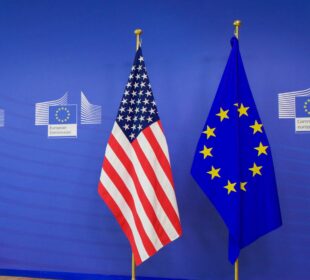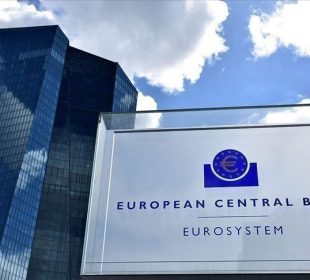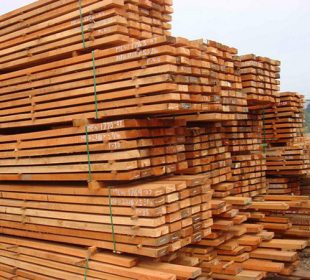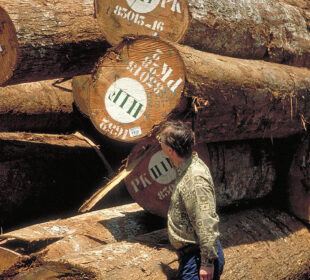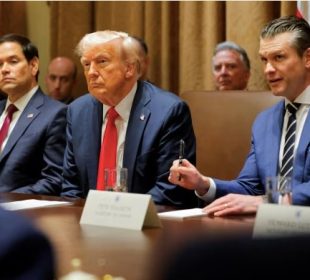While there was broad support for the FLEGT process and the EUTR, there was also a call for the FLEGT measures to be extended and deepened in various ways.
CEI Bois called the EUTR to be extended to “include all wood products, printed products and furniture products currently outside the scope, except for recycled materials and wood packaging for transport” and suggested this would “increase the coverage of imports of ‘high-risk’ wood by almost 30%”.
Other organisations called for more specific changes in EUTR product scope, for example EOS, the European Sawmillers Organisation wants the law to be extended to include HS4402 (charcoal), HS4404 (hoopwood, poles etc), and HS4419 (Tableware and kitchenware); EFIC asked that HS9401 (wooden seating) and 4421 (other wood products such as coffins); and the FFIF specified printed papers (HS49) as well as wooden seating. Several commentators highlighted the need to extend FLEGT licensing to more countries as quickly as possible.
ETTF said that the “FLEGT process started in 2003. Up to now there is only one country that has a FLEGT system in place, namely Indonesia – this is clearly not enough.” CEI-Bois “recommends the EU to speed up the process with producing countries in order to increase the volumes of FLEGT-licensed wood available for the European market”.

